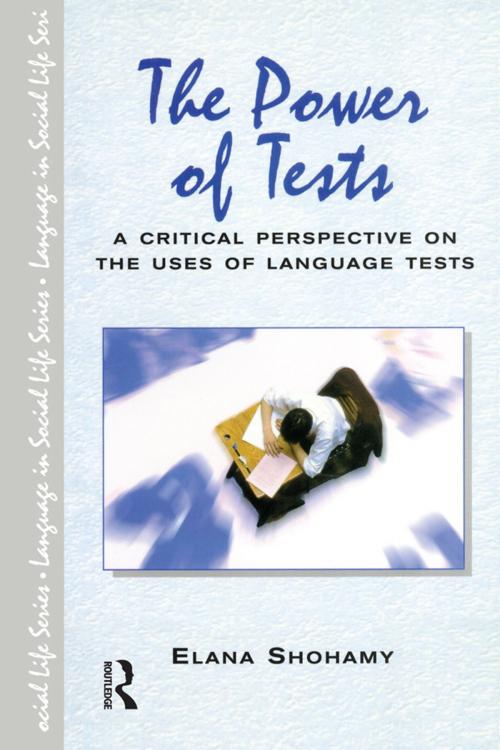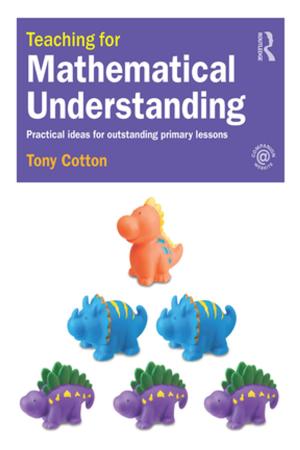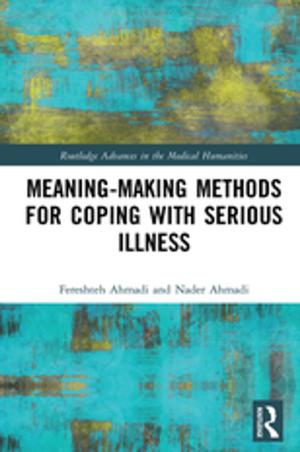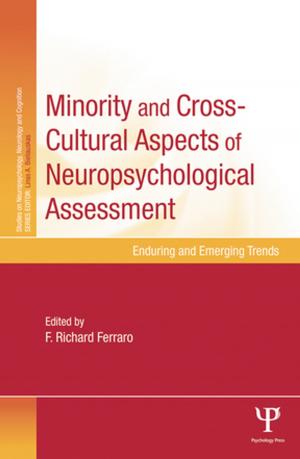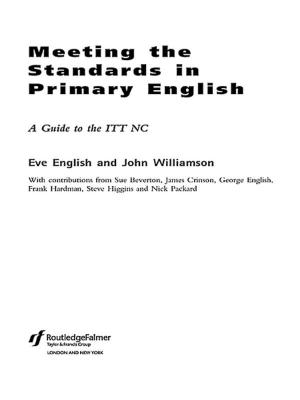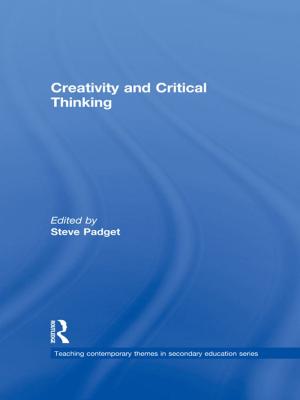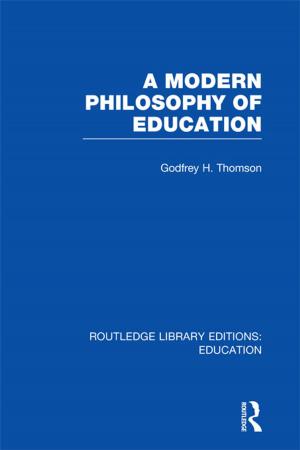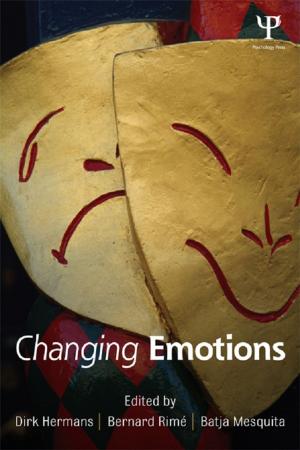The Power of Tests
A Critical Perspective on the Uses of Language Tests
Nonfiction, Reference & Language, Language Arts, Linguistics| Author: | Elana Shohamy | ISBN: | 9781317875475 |
| Publisher: | Taylor and Francis | Publication: | September 25, 2014 |
| Imprint: | Routledge | Language: | English |
| Author: | Elana Shohamy |
| ISBN: | 9781317875475 |
| Publisher: | Taylor and Francis |
| Publication: | September 25, 2014 |
| Imprint: | Routledge |
| Language: | English |
Language in Social Life is a major series which highlights the importance of language to an understanding of issues of social and professional concern. It will be of practical relevance to all those wanting to understand how the ways we communicate both influence and are influenced by the structures and forces of contemporary social institutions.
In all modern societies individuals are subject to tests, whether to enter educational programs, to pass from one level to the next or to grant certificates to practice. Yet, tests are powerful tools which are often introduced in undemocratic and unethical ways as disciplinary tools for carrying out various policy agendas. Tests can be detrimental to people's lives as they are capable of affecting and defining the knowledge and behaviour of those who are being tested.
The Power of Tests applies a critical perspective of language tests by examining their uses and consequences in education and society and by viewing tests not as isolated events but rather as embedded in social, educational and political contexts.
The book is divided into four parts: the first part establishes the power of tests through echoing the voices of test takers, describing the features of the power of tests, and the temptations that tests offer to bureaucrats who use them for power and control. The second part reports on studies that provide empirical evidence about intentions and effects of a number of large scale language tests. The third part interprets the results by examining their consequences on education and society, arriving at a model of tests' use. The final section of the book offers strategies for controlling and minimising the misuses of tests by introducing the notion of Critical Language Testing which calls for the examination of the consequences and misuses of tests, monitoring of power and pointing to their unethical uses. It also provides a comprehensive discussion of the responsibilities of language testers, including a new Code of Ethics, as well as strategies for guarding and protecting the rights of test takers.
Language in Social Life is a major series which highlights the importance of language to an understanding of issues of social and professional concern. It will be of practical relevance to all those wanting to understand how the ways we communicate both influence and are influenced by the structures and forces of contemporary social institutions.
In all modern societies individuals are subject to tests, whether to enter educational programs, to pass from one level to the next or to grant certificates to practice. Yet, tests are powerful tools which are often introduced in undemocratic and unethical ways as disciplinary tools for carrying out various policy agendas. Tests can be detrimental to people's lives as they are capable of affecting and defining the knowledge and behaviour of those who are being tested.
The Power of Tests applies a critical perspective of language tests by examining their uses and consequences in education and society and by viewing tests not as isolated events but rather as embedded in social, educational and political contexts.
The book is divided into four parts: the first part establishes the power of tests through echoing the voices of test takers, describing the features of the power of tests, and the temptations that tests offer to bureaucrats who use them for power and control. The second part reports on studies that provide empirical evidence about intentions and effects of a number of large scale language tests. The third part interprets the results by examining their consequences on education and society, arriving at a model of tests' use. The final section of the book offers strategies for controlling and minimising the misuses of tests by introducing the notion of Critical Language Testing which calls for the examination of the consequences and misuses of tests, monitoring of power and pointing to their unethical uses. It also provides a comprehensive discussion of the responsibilities of language testers, including a new Code of Ethics, as well as strategies for guarding and protecting the rights of test takers.
